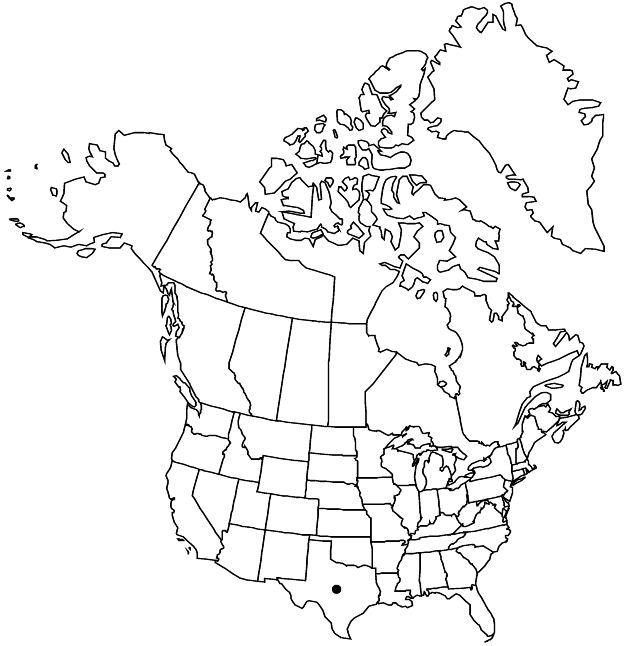Difference between revisions of "Purshia ericifolia"
Phytologia 60: 468. 1986.
FNA>Volume Importer |
FNA>Volume Importer |
Revision as of 20:37, 24 September 2019
Shrubs, evergreen, 5–15(–25) dm. Stems: young-stem internodes 2–9 mm, closely white villous-tomentose, ± glabrate, eglandular; short-shoot spurs simple or branched, 5–20 × 1.5–2 mm. Leaves: blade dark green adaxially, linear-subulate, (2.5–)3–8(–10) × 0.7–1(–1.5) mm, margins strongly revolute (nearly obscuring abaxial surfaces), entire, apex acuminate to cuspidate, abaxial surface sparsely arachnoid-villous abaxial groove 0.1–0.3 mm wide, broader at base, densely villous, adaxial glabrate, eglandular. Pedicels 2–13(–20) mm. Flowers: hypanthium hemispheric, 2.5–4 × 2–3 mm, to 5.5 mm diam. in fruit, closely villous, sometimes stipitate-glandular; petals white or suffused with red, broadly obovate, 4–8(–11) mm; stamens (60–)80–120; carpels (12–)17–31. Achenes oblanceoloid, 4–6 × 1.1–1.3 mm, weakly 2–3 ribbed, persistent style 15–30 mm, plumose hairs 1–2 mm. 2n = 18.
Phenology: Flowering Jun–Sep.
Habitat: Arid rocky limestone slopes, cliffs, Chihuahuan Desert
Elevation: (600–)800–1600(–2100) m
Distribution

Tex., Mexico (Chihuahua, Coahuila).
Discussion
Purshia ericifolia is known from Brewster and Presidio counties in trans-Pecos Texas. The species is distinctive in its subterete, arcuate leaves that are distichous in gradual spirals on short shoots. It flowers after rain.
Selected References
None.